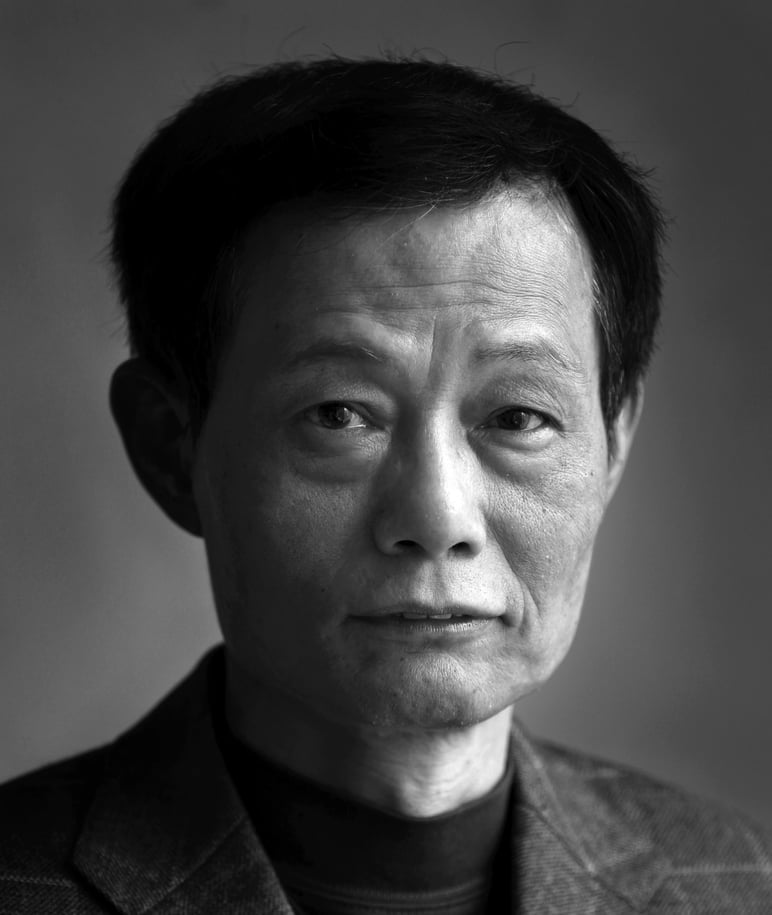
Once comrades and brothers, China and Vietnam are going their own way down the socialist path
Cary Huang says bilateral relations may become complicated over very different readings of Marxist orthodoxy, creating further suspicion and distrust, especially in the political arena
They are two among only a handful of nations to have survived the worldwide collapse of socialism in the 1990s.
But their common bond with Karl Marx does not always extend to bilateral relations. However, as President Xi Jinping (習近平) told visiting Vietnamese Prime Minister Nguyen Xuan Phuc last week: “The communist leadership and socialist system are our greatest common strategic interests.”
Can China’s charm offensive mend its fractured ties with communist neighbour Vietnam?
Bilateral relations between the neighbours, once “both comrades and brothers” as late Vietnamese leader Ho Chi Minh put it, have been turbulent, despite their common socialist background. Mutual suspicion and distrust go back a long way, to before the birth of communism.
Vietnam’s Communist Party chief’s visit to White House ‘rich in symbolism’
Both nations are committed to market-oriented economic reform, but have very different approaches to political restructuring.
The Vietnamese goal of creating a “socialist-oriented market economy” resembles the Chinese version of “socialism with Chinese characteristics”. But, in the political arena, Vietnam has been progressing much faster and has a bolder approach. Since its ninth national congress in 2001, the Communist Party of Vietnam has introduced competitive elections for its top decision-making body, the Politburo, and senior positions, ending the decades-old practice of a single-candidate system.

Vietnam Communist Party on track for smooth power transition
Also introduced have been Western-style concepts of “division of power” and “checks and balances”, with a clear-cut division among the four most powerful offices – the president, prime minister, party general secretary and National Assembly chair – together with “checks and balances” among them.
Following a revision of the constitution in 2013, the party now allows non-communist candidates to run for elections. The National Assembly is no longer a “rubber stamp”, unlike China’s National People’s Congress, and has power to veto government appointments, budgets and legislation.

So their socialist background might actually complicate matters between China and Vietnam, given that their varied reading of Marxist orthodoxy will form the undercurrent of relations and deepen suspicion and distrust, which already run deep thanks to existing territorial disputes and historic misgivings.
Cary Huang is a senior writer at the Post

